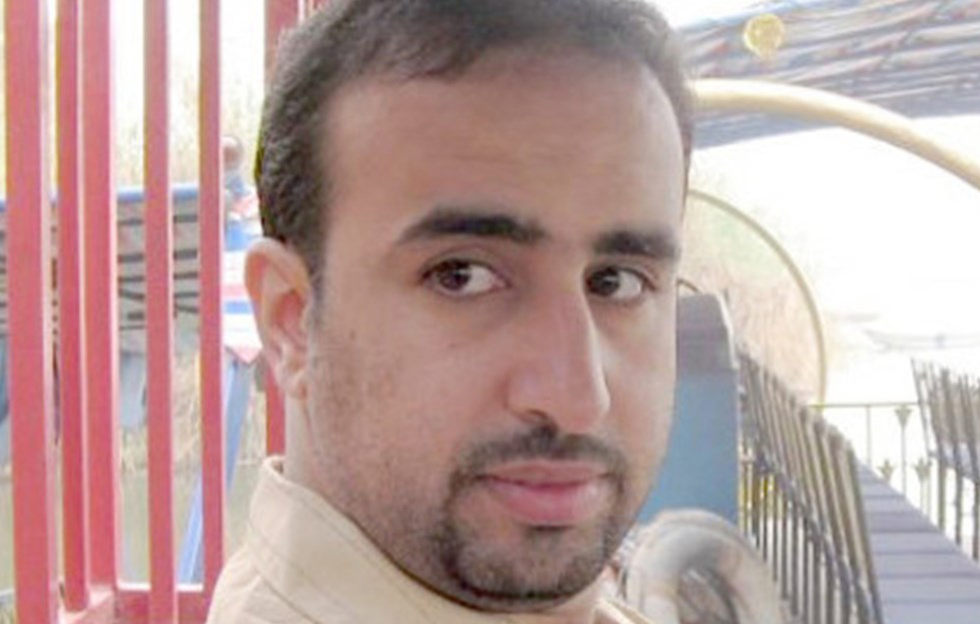Saudi rights campaigner arrested as state cracks down on activism


Mohammed al-Bajadi has spent several years in prison for alleged 'insurrection'. (Supplied)
Saudi Arabia arrested prominent rights campaigner Mohammed al-Bajadi, Amnesty International said on Friday, as part of a crackdown mostly targeting advocates of women's rights.
Four activists have been released but up to seven others remain in detention.
Most are women who previously campaigned for the right to drive and an end to the kingdoms male guardianship system, which requires women to obtain the consent of a male relative for major decisions.
The government announced last week that seven people had been arrested for suspicious contacts with foreign entities and offering financial support to "enemies overseas", and said other suspects were being sought. It did not name them.
State-backed media have labelled those held as "agents of embassies".
Bajadi is a founding member of the banned Saudi Civil and Political Rights Association, which has accused the security forces of abuses.
He has spent several years in prison for his activism.
In 2012, Bajadi went on hunger strike for five weeks over his imprisonment the previous year, a day after he attended a protest in the capital Riyadh held by families of prisoners arbitrarily detained. The Saudi Interior Ministry denied the report, saying that Bejadi was "in good health".
He was later sentenced to five years in prison for "insurrection", and released in 2015.
Saudi Arabia, an absolute monarchy, bans most political activity and brooks little public criticism of the government or al-Saud ruling family.
"This new arrest is another worrying development in the continued crackdown on human rights defenders in Saudi Arabia," said Samah Hadid, Amnesty's director of Middle East campaigns.
"We call on the authorities to release all human rights activists immediately."
The arrests come a month before a ban on women driving is set to end, which has been hailed by some as proof of a new progressive trend under Crown Prince Mohammed bin Salman, but also accompanied by a crackdown on dissent.
Activists and diplomats have speculated that the arrests may be aimed at appeasing conservative elements opposed to social reforms, which include opening cinemas, holding public concerts and an easing of gender segregation.
[contf]
[contfnew]

middle east eye
[contfnewc]
[contfnewc]




